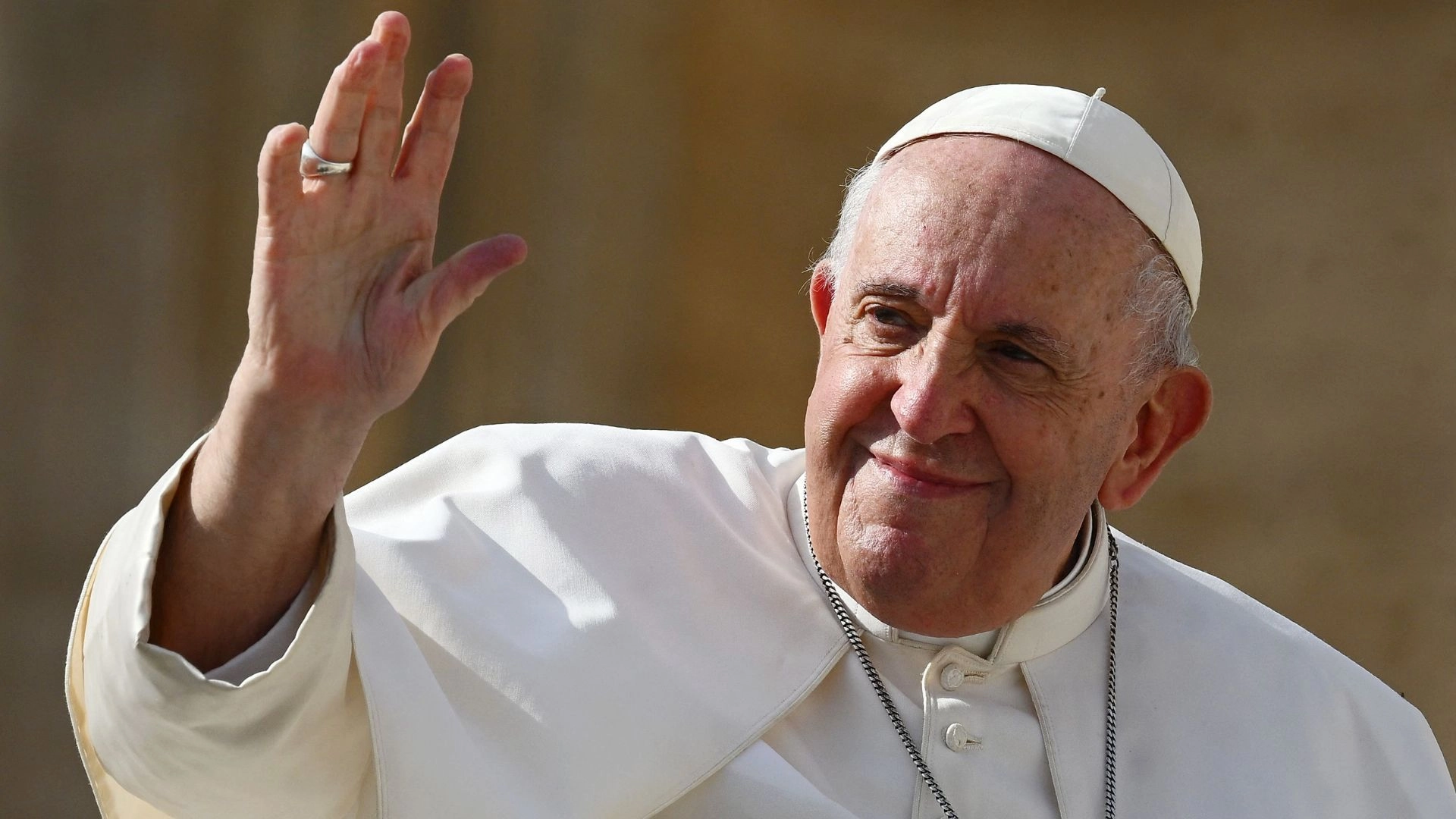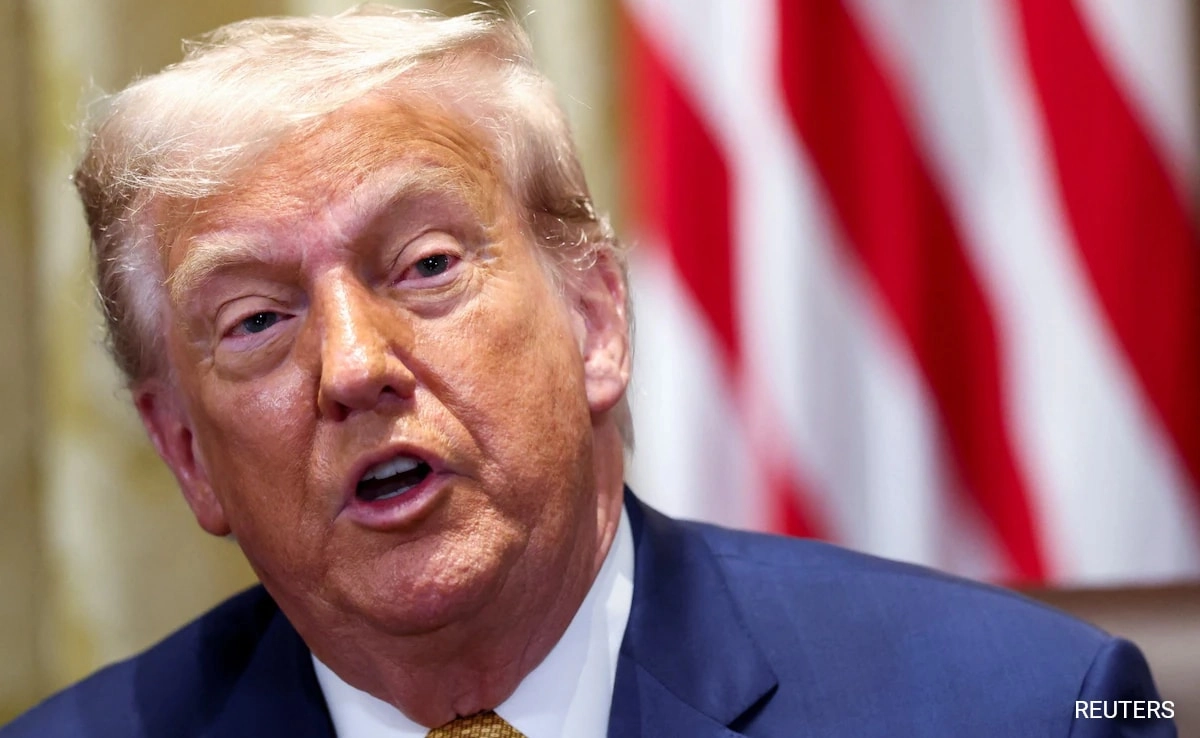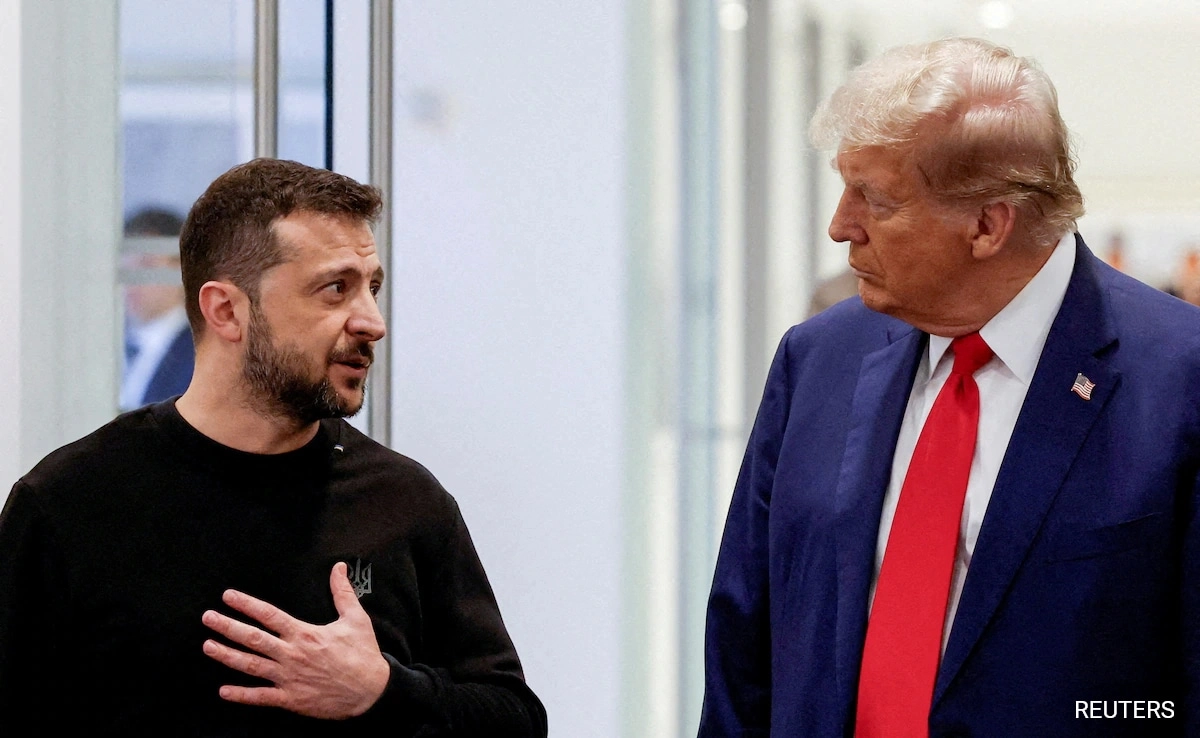Pope Francis, born Jorge Mario Bergoglio in Buenos Aires, Argentina, has led the Catholic Church for over a decade, yet he has never returned to his homeland during his papacy. This absence has sparked curiosity and speculation among the faithful and observers alike. Several factors contribute to his decision to stay away from Argentina, primarily revolving around security concerns, the complexities of his papal duties, and his desire to avoid political entanglements.
One significant reason for Pope Francis’s absence is the heightened security risks that come with being in the public eye as the leader of the Catholic Church. Since his election in 2013, the Pope has faced various threats, prompting increased security measures during his travels. A visit to Argentina could potentially expose him to greater risks, especially considering the passionate devotion he elicits from many Argentinians. Moreover, the logistics of organizing a papal visit—complete with security arrangements, crowd control, and media management—present considerable challenges. The Pope’s engagements are often predetermined and focused on global issues, which may leave little room for a trip back to his roots.
Additionally, Pope Francis has expressed concern over the political climate in Argentina. His papacy has unfolded during a time of significant political and social unrest in the country. By choosing not to visit, he may be attempting to avoid being drawn into local politics, which could inadvertently create divisions among the faithful or be misconstrued as favoritism toward specific political factions. The Pope has emphasized his role as a spiritual leader above political influences, and a visit might complicate this stance, especially in a nation where political loyalty is deeply intertwined with personal beliefs.
Furthermore, Pope Francis has utilized his papacy to address broader global issues, prioritizing outreach to marginalized communities, interfaith dialogue, and environmental concerns. His focus on global challenges may have taken precedence over personal connections to Argentina. Rather than returning to his homeland, he has chosen to embody his commitment to social justice and the Church’s mission on an international stage. By doing so, he reinforces the idea that his papacy transcends national boundaries, advocating for a universal Church that addresses the needs of all people, regardless of geographic location.
In conclusion, while Pope Francis’s absence from Argentina during his papacy may seem surprising to many, it is informed by a combination of security concerns, a desire to remain apolitical, and a commitment to global issues. His leadership style reflects a broader vision for the Church that prioritizes engagement with a diverse world over a singular connection to his homeland. As he continues his mission, the Pope remains a significant figure in both the Catholic faith and the global community, shaping the Church’s future while navigating the complexities of his role.




